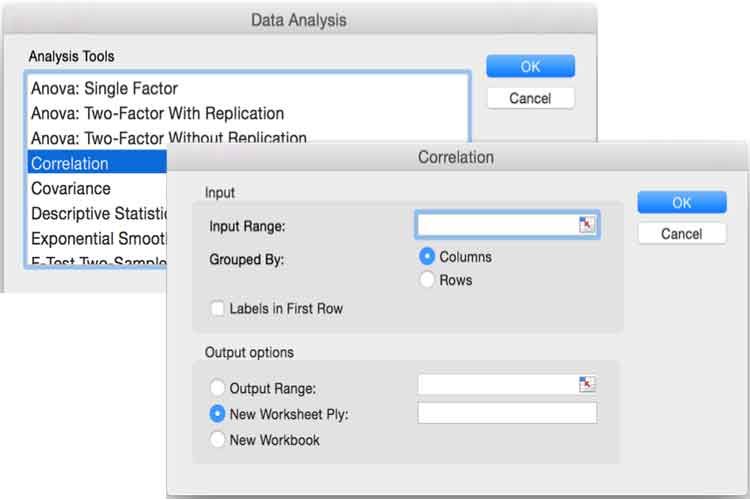As search engines evolve and websites become more complex, Search Engine Optimization (SEO) is increasingly intersecting with data science and automation. One powerful tool that is making waves in the SEO community is Python. Although it might sound intimidating to those without a technical background, Python is actually a beginner-friendly programming language that can be used to streamline and enhance SEO efforts.
What is Python?
Python is a high-level programming language known for its simple syntax and readability. It’s widely used in data analysis, web development, and automation. For SEO professionals, Python offers the ability to perform repetitive tasks more efficiently, analyze large data sets, and gain deeper insights without relying solely on manual spreadsheets or third-party tools.
Why Use Python in SEO?
There are several compelling reasons why SEO professionals are adopting Python:
- Automation of repetitive tasks – Python can automate tasks like checking site status, crawling data, and extracting meta information.
- Data analysis – Python is excellent for analyzing SEO metrics such as keyword rankings, backlinks, or crawl errors.
- Scalability – Python handles large sets of data efficiently, something traditional SEO tools may struggle with.
- Customization – With Python, SEOs can build custom solutions tailored to their specific needs.
Beginner-Friendly Python Projects for SEO
If you’re new to Python, these simple projects can help you get started with SEO automation and data analysis:
1. Keyword Research Automation
Using Python libraries like pandas and requests, beginners can scrape keyword data from sources like Google Autosuggest or custom APIs and organize them in spreadsheets.

2. Analyzing On-Page SEO Elements
A script using BeautifulSoup or lxml can help identify missing title tags, meta descriptions, or broken internal links on a website. This is especially useful for quick site audits.
3. Web Scraping for Competitor Analysis
Python can be used to scrape competitors’ websites for keywords, headings, or URL structure analysis. This provides valuable insights for building an SEO strategy.
Popular Python Libraries for SEO
There are several Python libraries that make SEO tasks easier:
- Requests – For sending HTTP requests to access website source code.
- BeautifulSoup – For parsing HTML documents and extracting tags or structured data.
- Pandas – For storing and analyzing structured data in readable tables.
- Matplotlib – For visualizing data trends over time, such as traffic or keyword movement.
- Selenium – For automating browser tasks such as rendering pages or clicking elements.
Getting Started with Python for SEO
Here’s a simple approach for beginners to start using Python in your SEO workflow:
- Install Python – Download it from the official Python website and install it on your computer.
- Use a code editor – Use text editors like VS Code or Jupyter Notebooks to write and run Python code.
- Practice simple scripts – Begin with scripts to extract titles and meta descriptions from a list of URLs.
- Join communities – Python and SEO forums like Stack Overflow, Reddit, and local meetups can accelerate learning.

The Future of Python in SEO
The demand for technical SEO skills is on the rise. As Google’s algorithms grow more complex, insights from large data sets and site structure become increasingly important. Python enables SEO professionals to meet these modern challenges with smart automation, scalable scripts, and customizable solutions.
Conclusion
While Python might seem like a tool for developers, it holds immense value for SEO beginners as well. By starting with small, manageable projects and learning from online resources, anyone can begin using Python to automate tasks, analyze data and improve their overall SEO performance. It’s an investment of time that offers potentially powerful long-term returns.
FAQ
- Q: Do I need a technical background to use Python for SEO?
A: No, many SEO professionals with non-technical backgrounds start learning Python to automate simple tasks. Resources and beginner tutorials are widely available. - Q: What is the best way to learn Python for SEO?
A: Start with free online courses, YouTube tutorials, and SEO-specific Python projects. Practice regularly on real tasks. - Q: Can Python replace SEO tools like Screaming Frog or Ahrefs?
A: Not entirely. Python complements these tools by allowing custom tasks and deeper data analysis, but it doesn’t replace their full functionality. - Q: Is web scraping legal when using Python?
A: It depends on the website’s terms of service and local laws. Always check permissions before scraping and use respectful scraping practices to avoid IP bans.